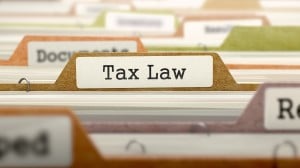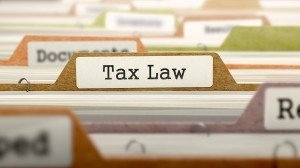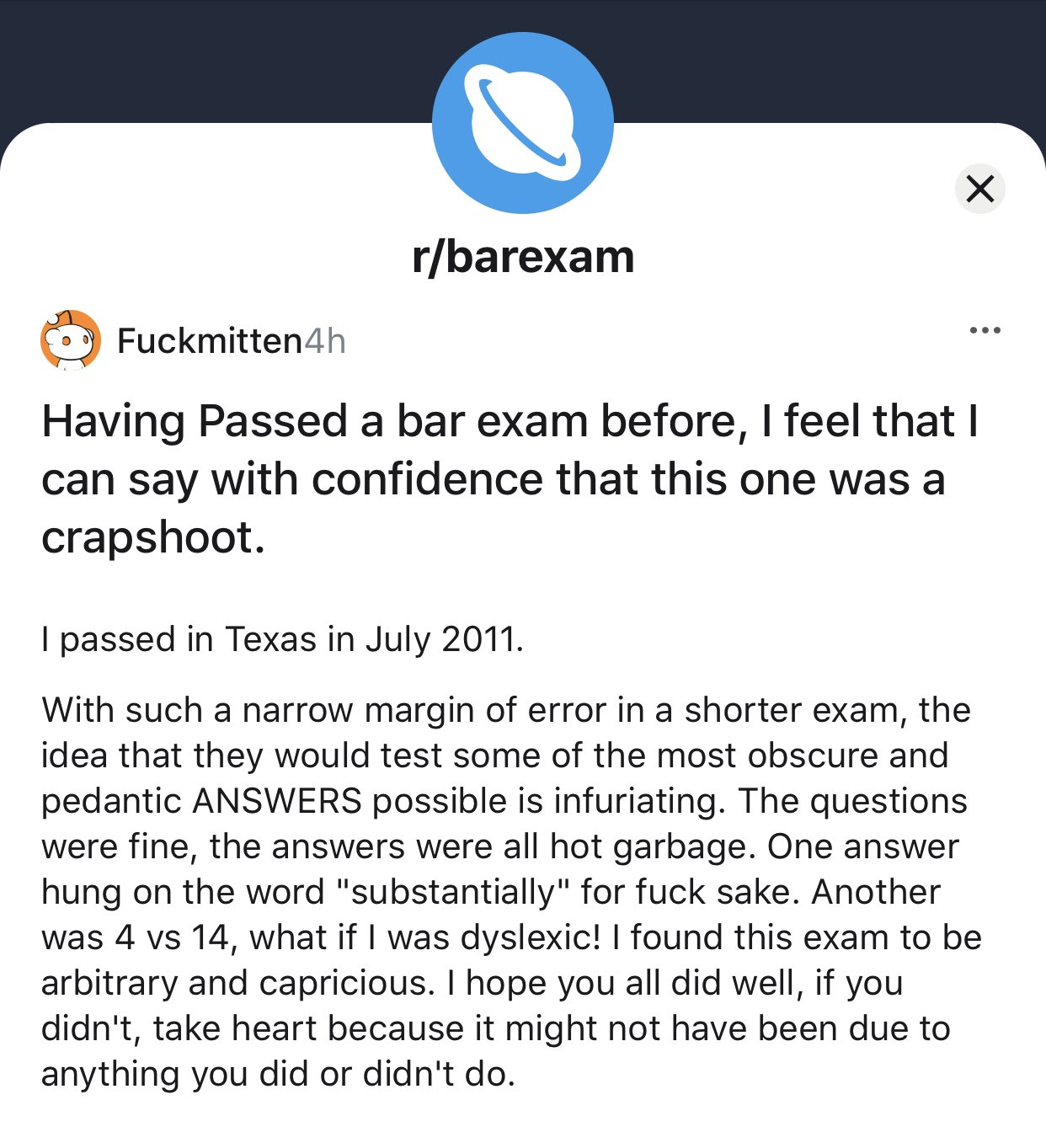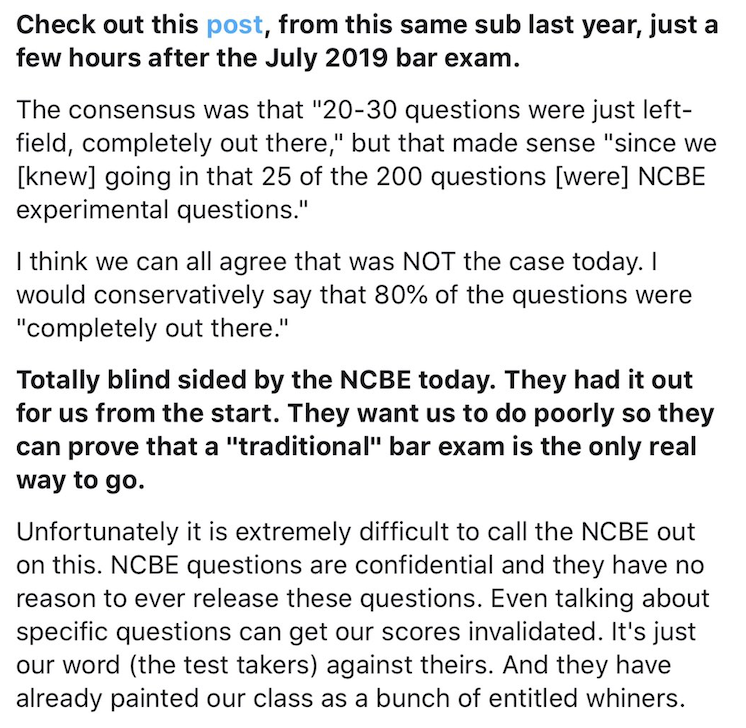
Anyone who owns a computer has probably heard the name McAfee. McAfee, Inc. is one of the major software companies providing antivirus protection programs. The company was founded by John McAfee although he has not been associated with the company bearing his name for many years.
After he left his company, he lived a lavish lifestyle, purchasing cars, artwork and real estate. At his peak, John McAfee was believed to have a net worth of over $100 million.
But over the years, he has been connected with disturbing events. In 2009, he moved to Belize where he set up a laboratory to make antibiotics from plants found in the Belize jungle. However, the local authorities raided the lab suspecting he was manufacturing methamphetamine. No illegal drugs were found but the lab was shut down. McAfee claimed that police raid was a sham because he wouldn’t accept their demands for bribes.
In 2012, McAfee was considered a person of interest by Belizean authorities for the murder of one of his neighbors. He went into hiding and fled to Guatemala but was not charged with the murder. He was later deported to Miami. After meeting his wife there, they eventually settled in Lexington, Tennessee.
No one really knows McAfee’s net worth today although most internet rumors speculate that he is worth about $4 million. The drop might have been due to the Great Recession of 2008. But some speculate that McAfee may have squandered or hidden his assets in order to avoid a wrongful death lawsuit in connection with his neighbor’s murder.
McAfee later got involved in the cryptocurrency scene. He reportedly charged $105,000 per tweet to promote a cryptocurrency, possibly relying on his tech expertise and past success to establish credibility among investors. Some people suspected that he was involved in pump and dump schemes where he would promote a cryptocurrency, entice unknowing investors to purchase them, and then cash out leaving the investors with a worthless digital coin.
Last Monday, the Securities and Exchange Commission charged McAfee with promoting fraudulent initial coin offerings (ICO) to investors. McAfee allegedly promoted multiple ICOs on Twitter, pretending to be impartial and independent even though he was paid more than $23 million in digital assets for the promotions. When certain investors asked whether he was paid to promote the ICOs, McAfee allegedly denied receiving any compensation from the issuers.
And if that wasn’t bad enough, the Department of Justice Tax Division simultaneously announced that McAfee was indicted for criminal tax evasion and filing false tax returns. He was arrested in Spain and is awaiting extradition.
According to the indictment, McAfee earned millions of dollars between 2014 and 2018 from speaking engagements, consulting fees, selling the rights to his life story for a documentary, and from promoting cryptocurrencies. He also failed to file tax returns for those years and did not pay taxes.
He allegedly evaded taxes by depositing the money he earned into a third party’s bank account, and purchasing real estate and a car using a third party’s name.
McAfee knew this day was coming but decided to defy the tax man. In January 2019, McAfee made a video tweet stating that the IRS has convened a grand jury to decide whether he will be charged with tax crimes. He also openly states that he did not file income tax returns nor pay any income taxes.
Well, now we know why McAfee’s net worth is so low. He has little assets under his name.
So how did McAfee get the criminal investigation division of the IRS involved? Generally, they get involved when they suspect a taxpayer is engaging in fraud when preparing tax returns or avoiding payment. Hiding assets by putting them in another person’s name is a major red flag. So is providing false information to the IRS.
Also, tax crime indictments generally follow most white collar crime indictments such as securities fraud, money laundering, and embezzlement to name a few. This is usually because these investigations tend to take place at the same time. Income tax laws also apply to money earned from criminal activity. And it is believed that people who profit from crime are not going to report income or pay taxes on their illegally earned money.
The fact that the IRS has secured grand jury indictments means that they have investigated this matter for a substantial amount of time. A criminal investigation normally begins with the IRS’s criminal investigation division where special agents make a recommendation to the Department of Justice on whether to prosecute. The Department of Justice then makes its own decision. Generally, the Department of Justice prosecutes a small number of tax crime cases but the ones they pursue are very likely to result in sentencing. The 2019 IRS Annual Criminal Investigations Report stated that the agency conducted 1,500 tax crime investigations. Of those, 942 were prosecuted, and 848 resulted in sentencing.
McAfee has a lot to answer for in the next few months. Although I don’t think he will be tweeting about this anytime soon.
Steven Chung is a tax attorney in Los Angeles, California. He helps people with basic tax planning and resolve tax disputes. He is also sympathetic to people with large student loans. He can be reached via email at sachimalbe@excite.com. Or you can connect with him on Twitter (@stevenchung) and connect with him on LinkedIn.














 Ellen Trachman is the Managing Attorney of
Ellen Trachman is the Managing Attorney of 

 Kathryn Rubino is a Senior Editor at Above the Law, and host of
Kathryn Rubino is a Senior Editor at Above the Law, and host of 


 Jordan Rothman is a partner of
Jordan Rothman is a partner of 


